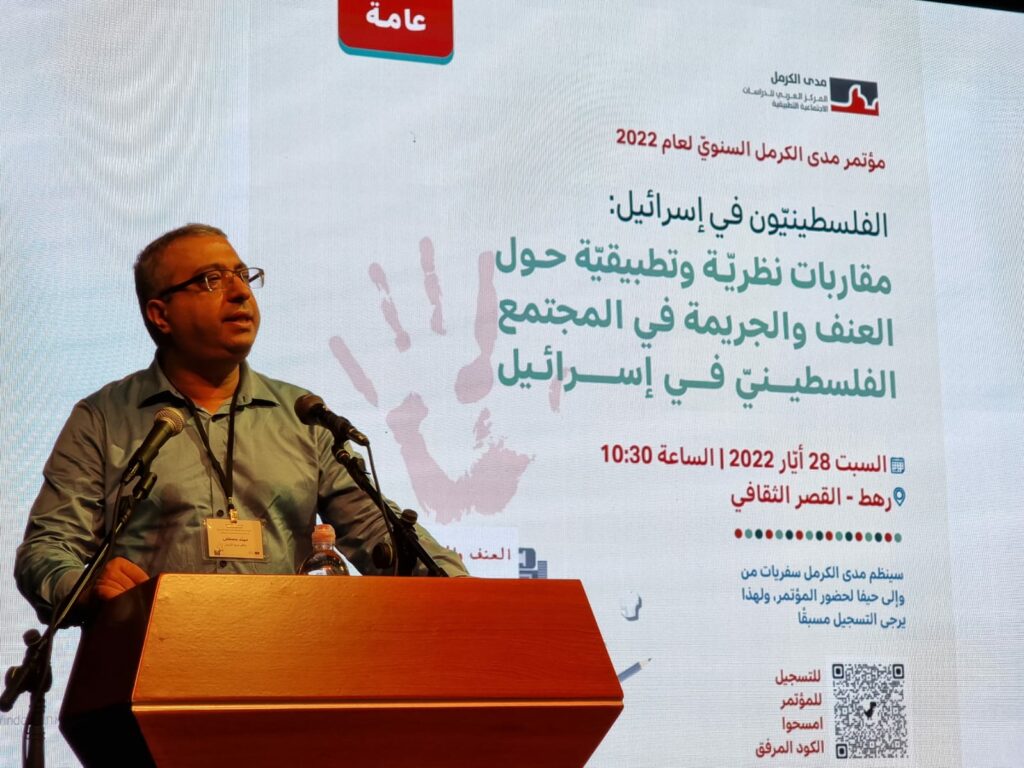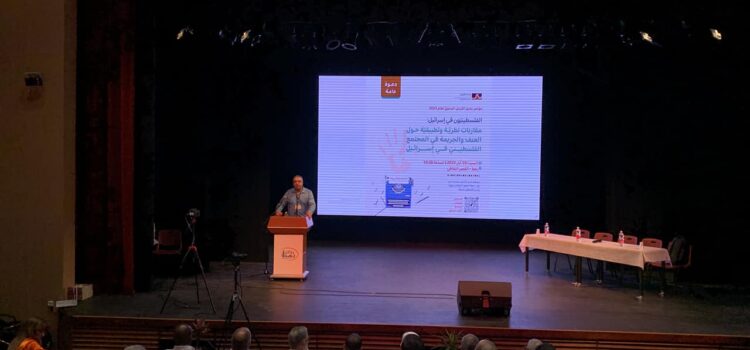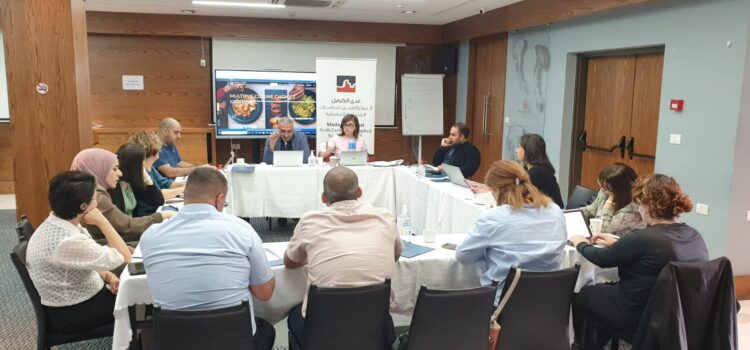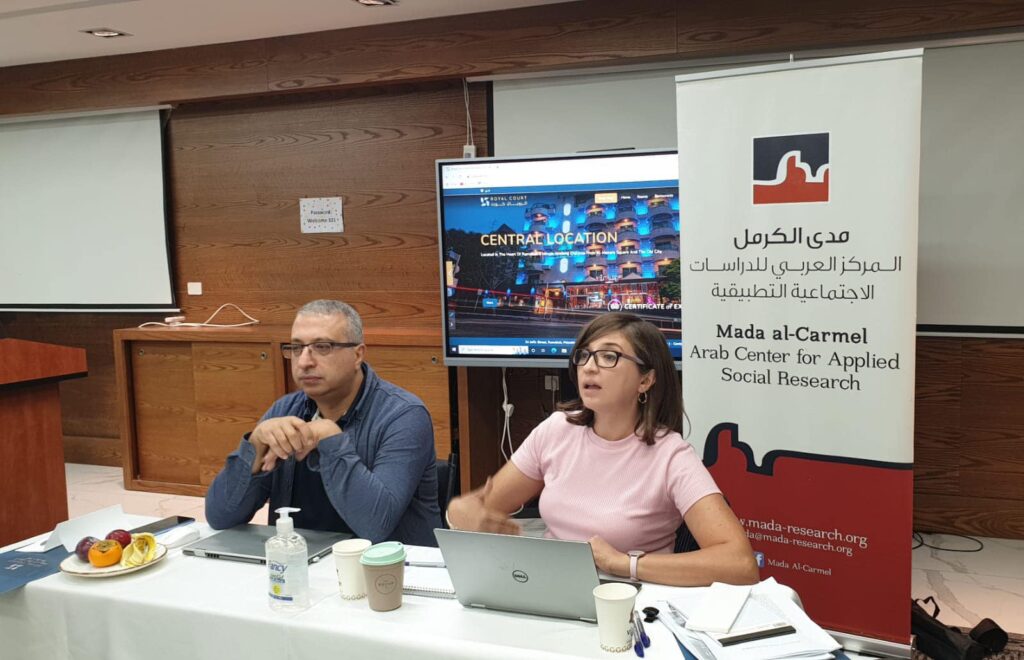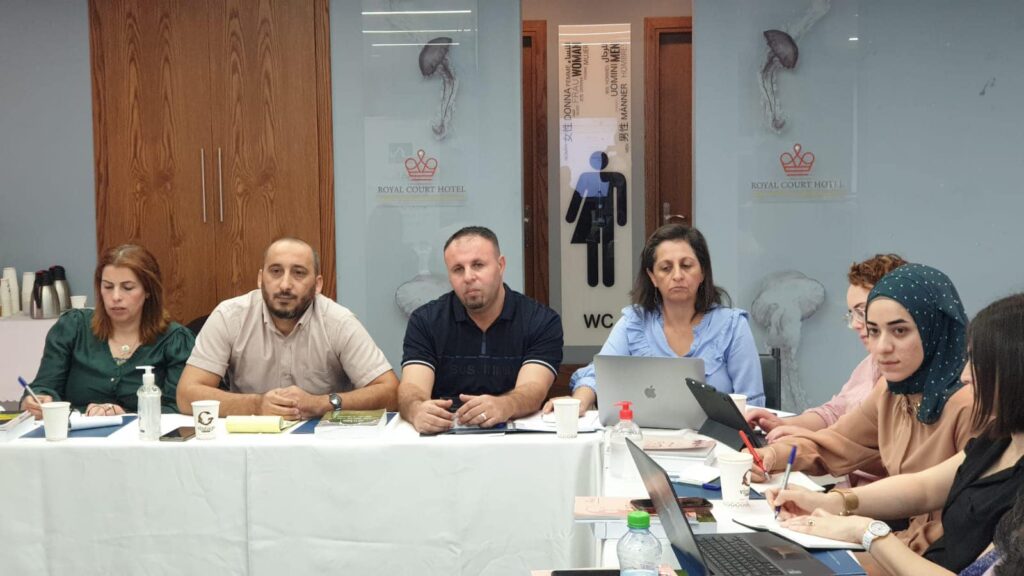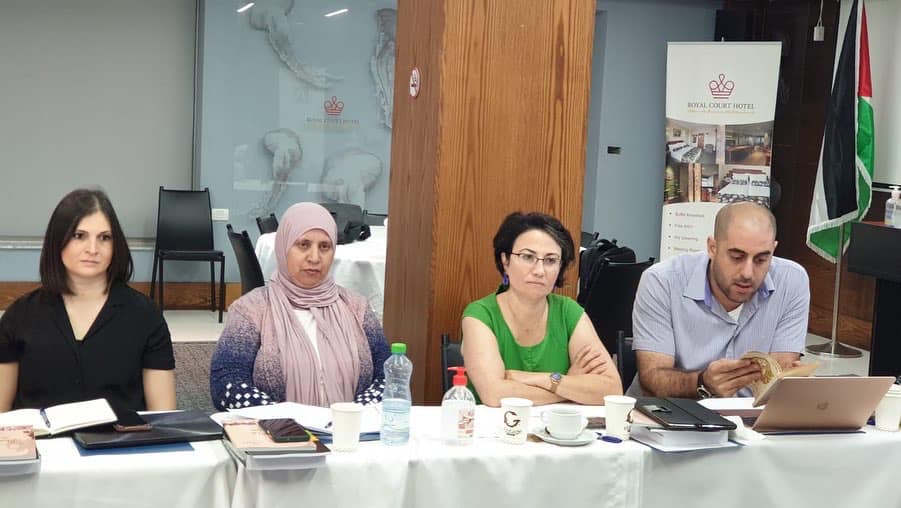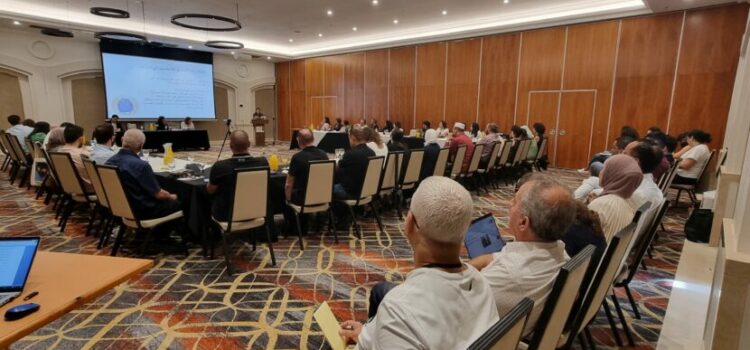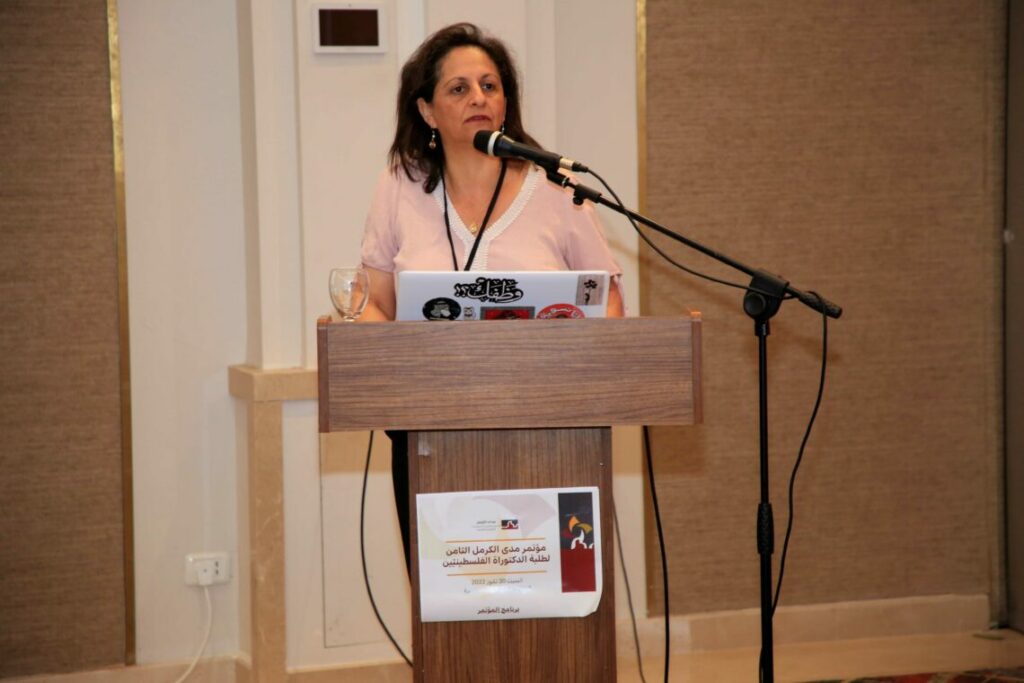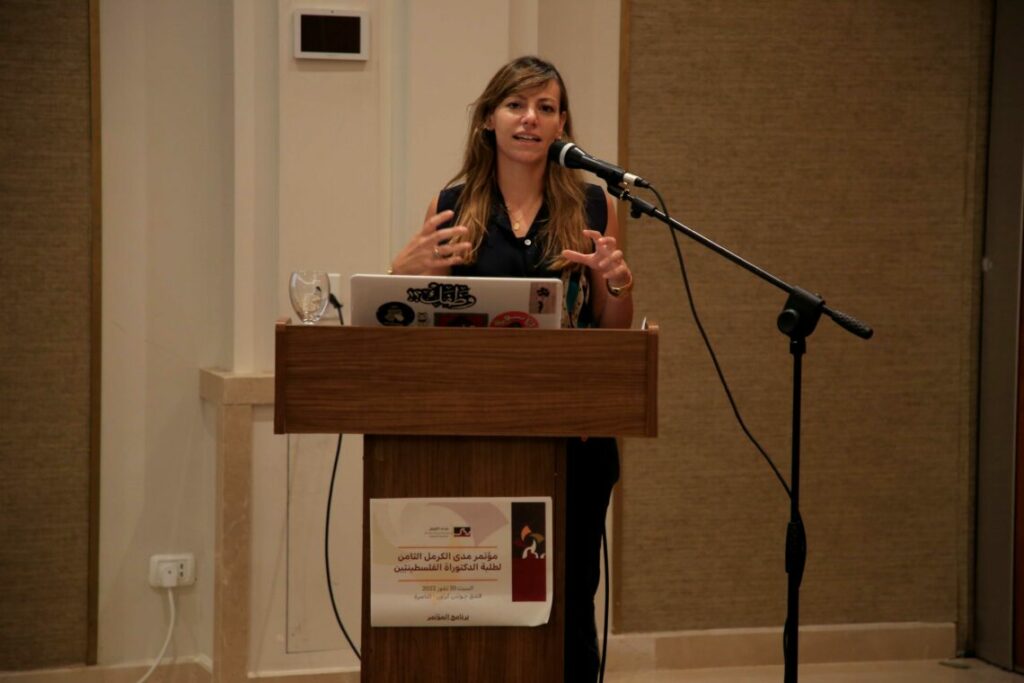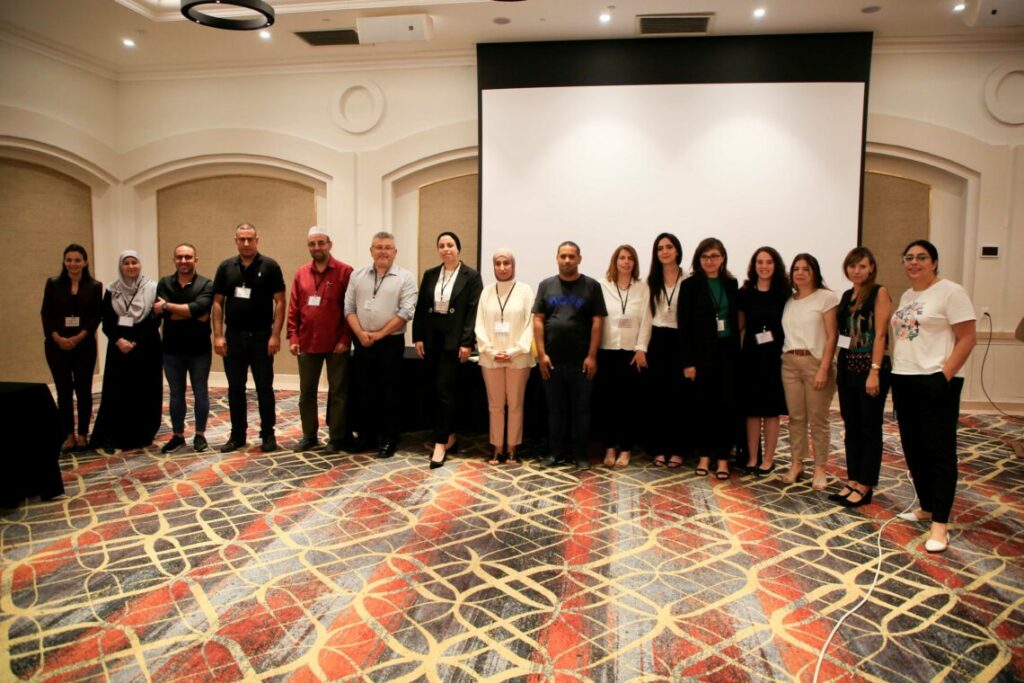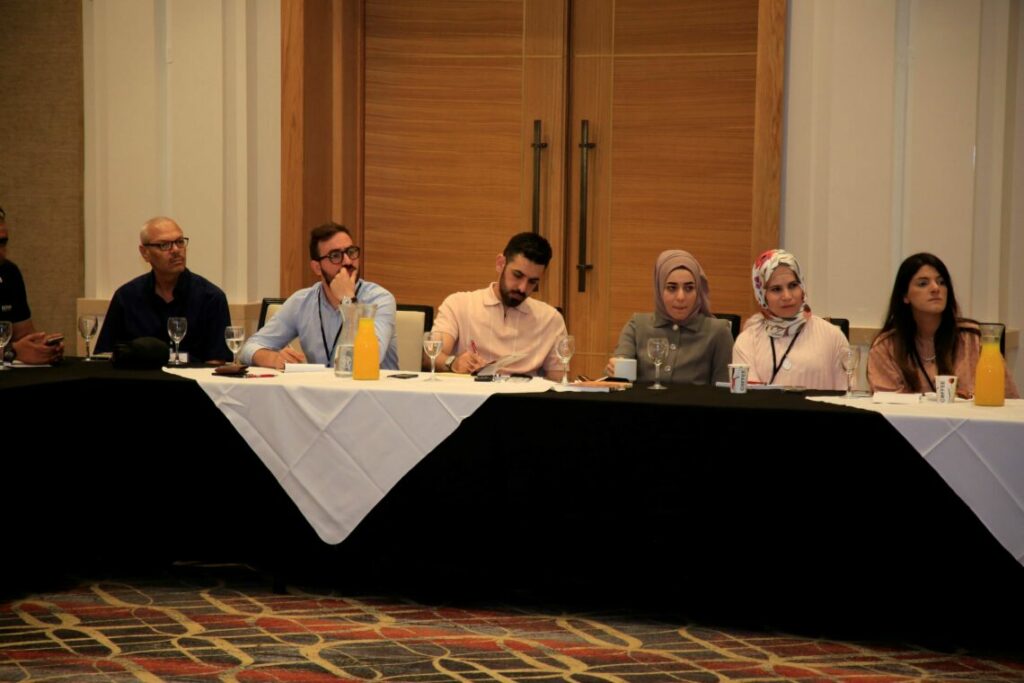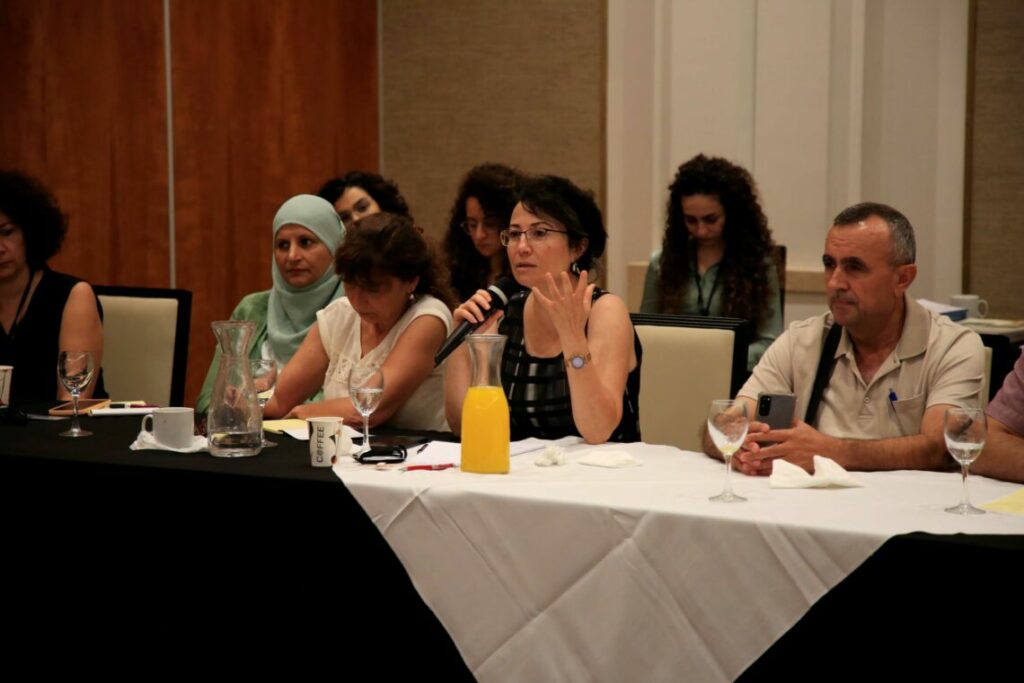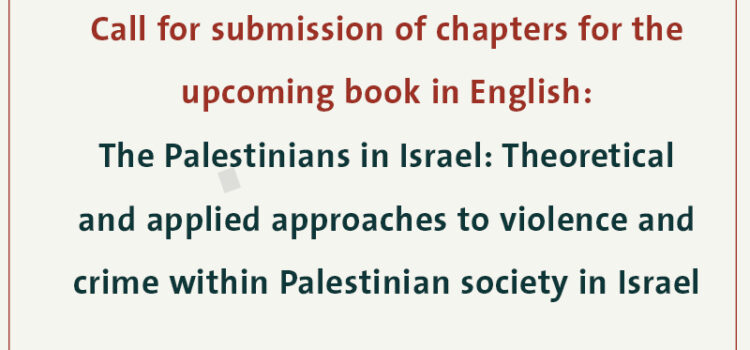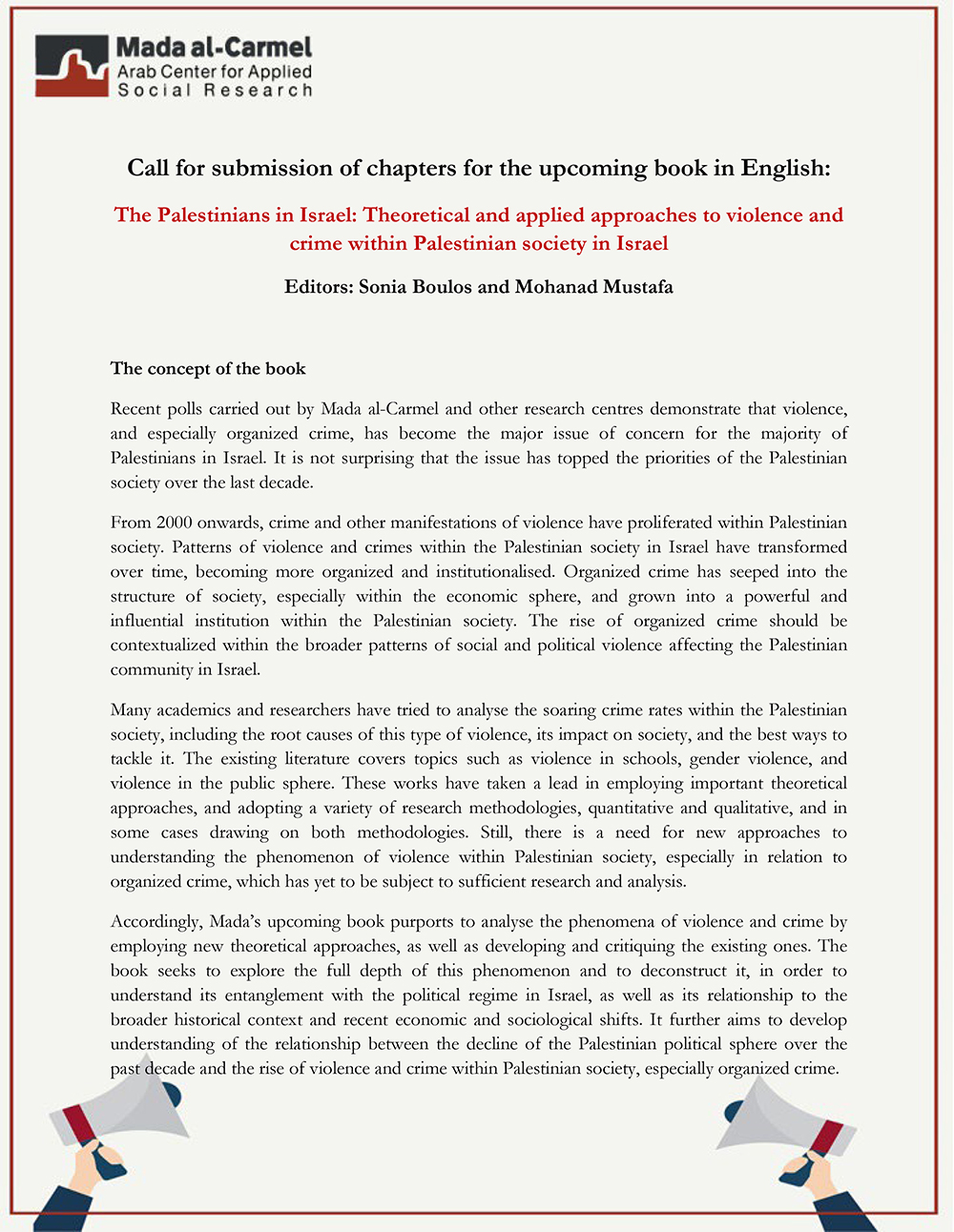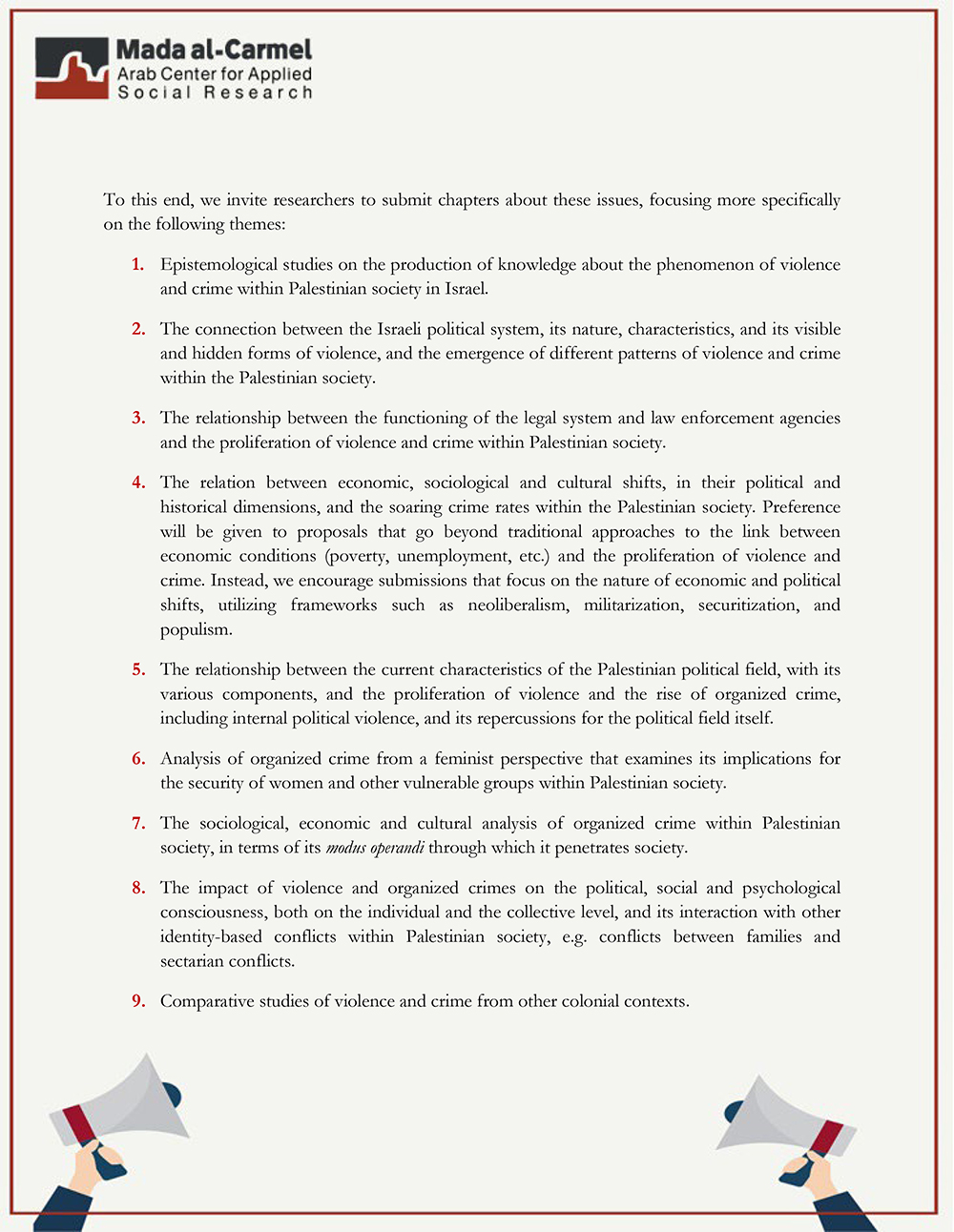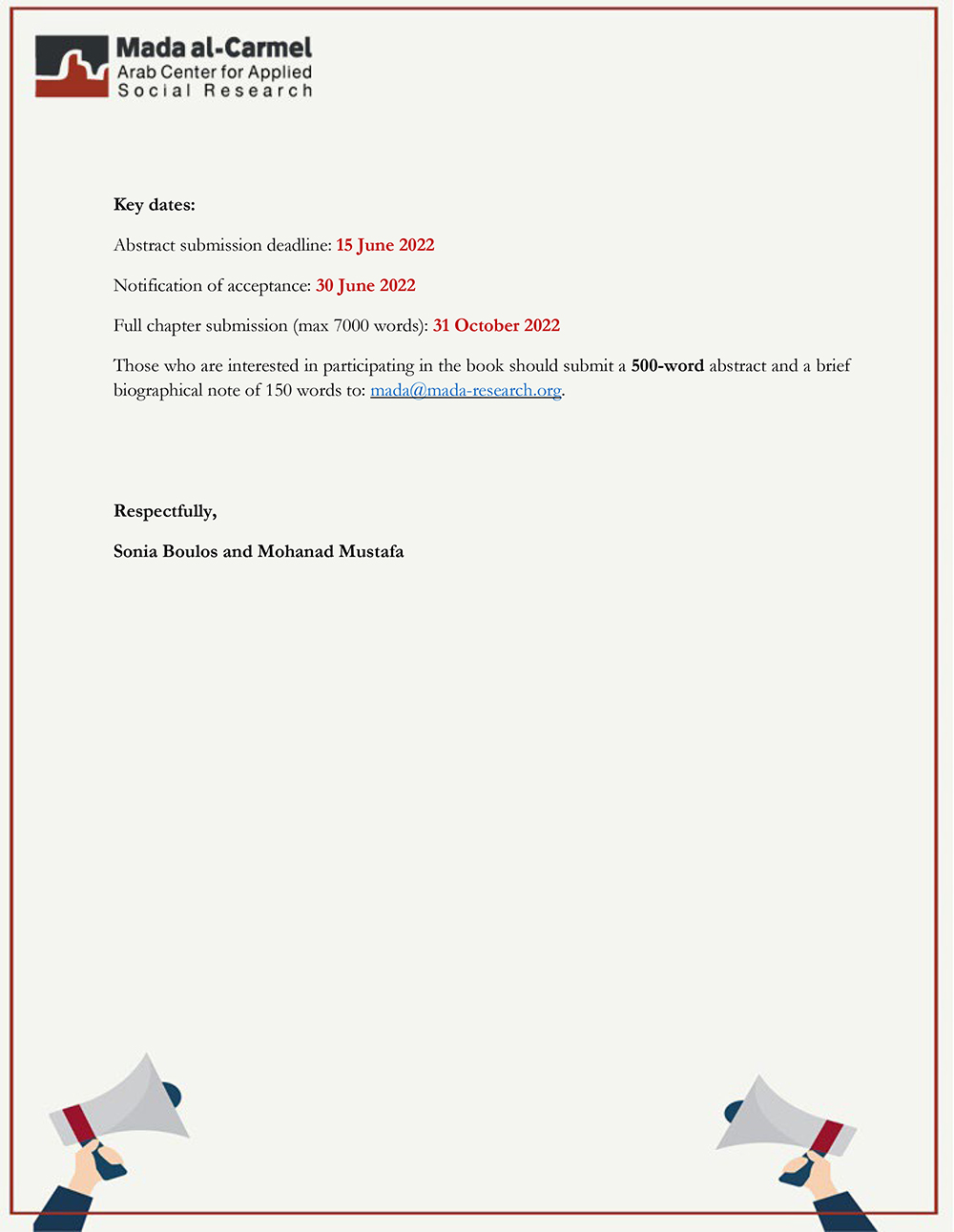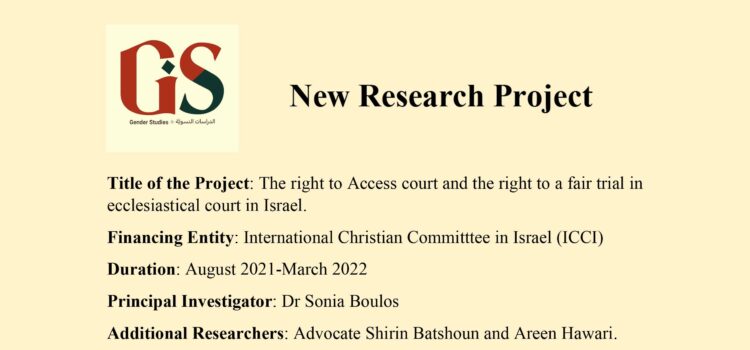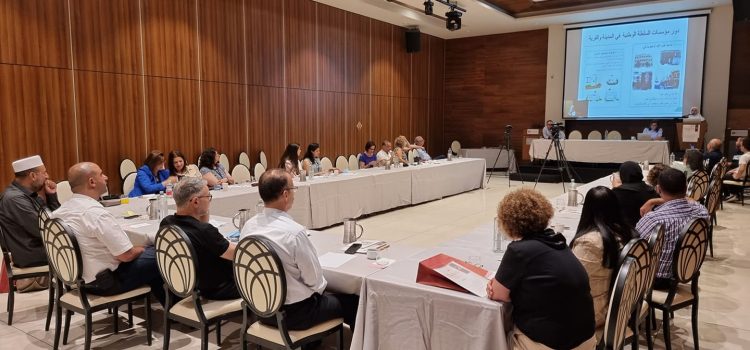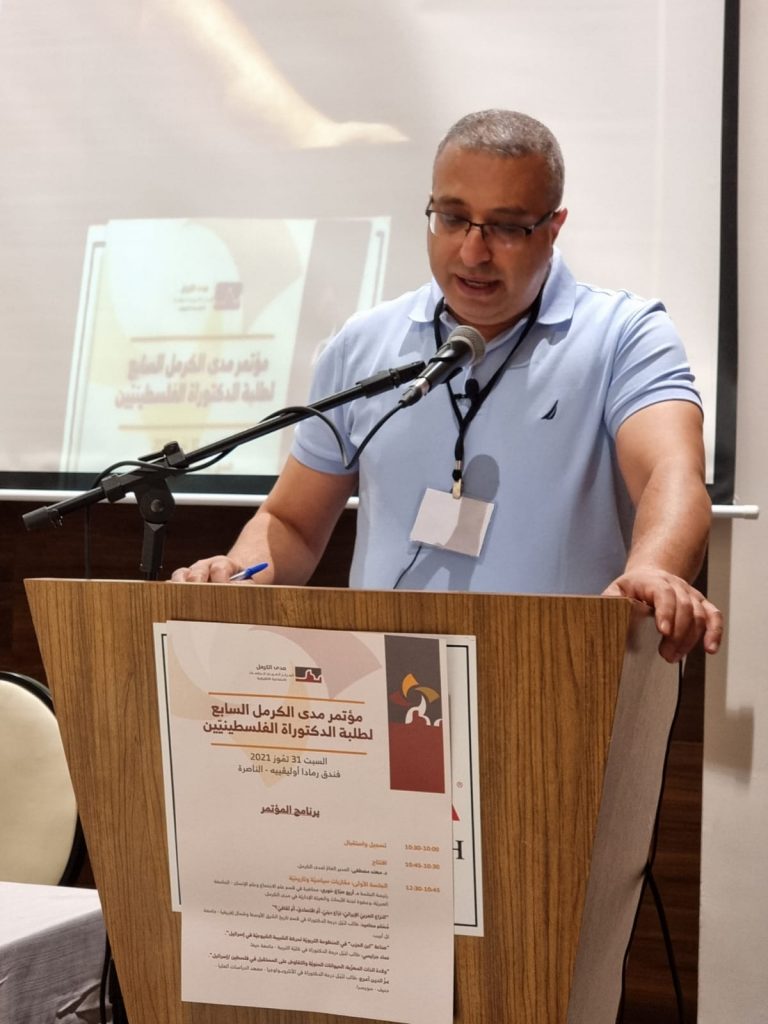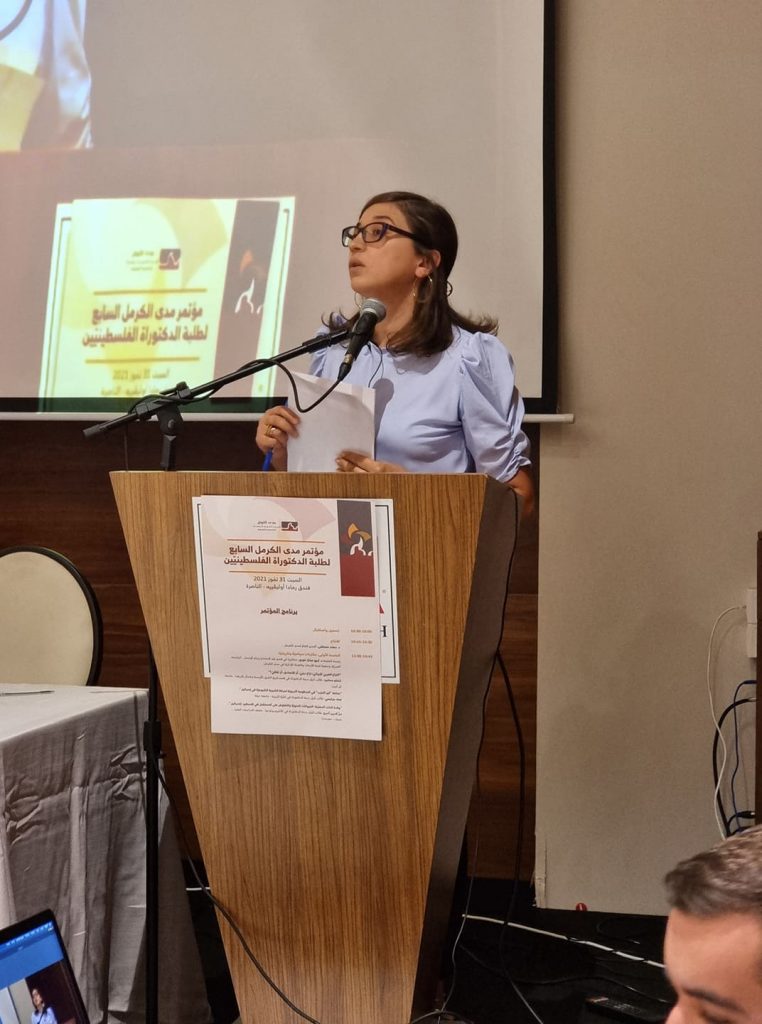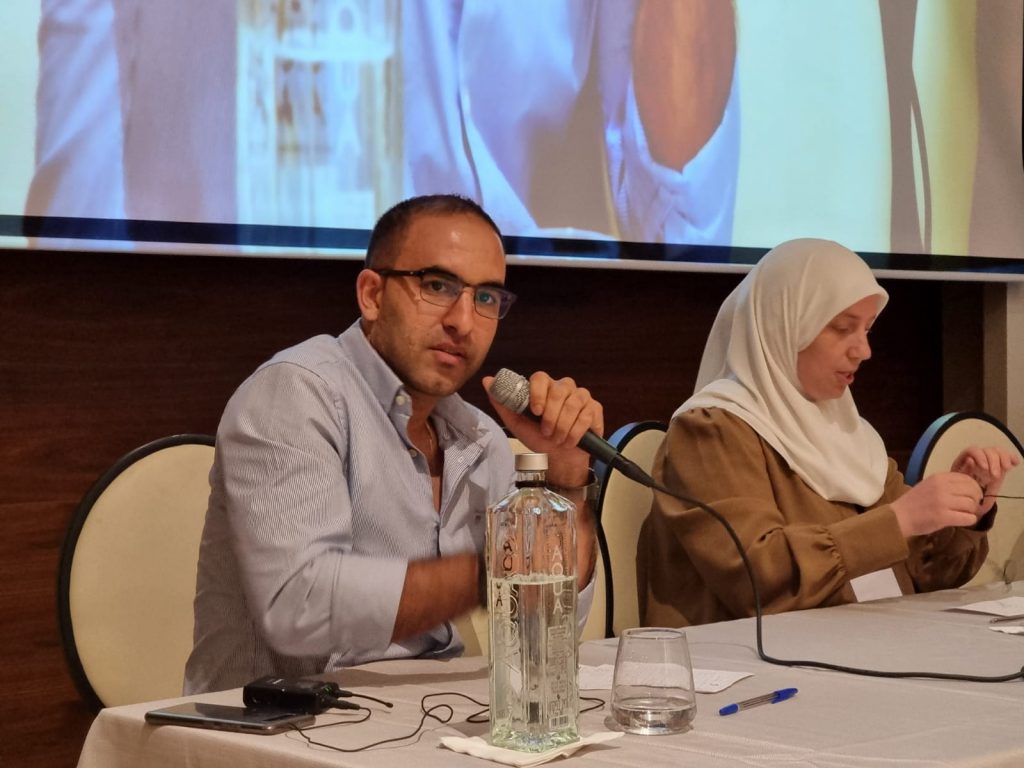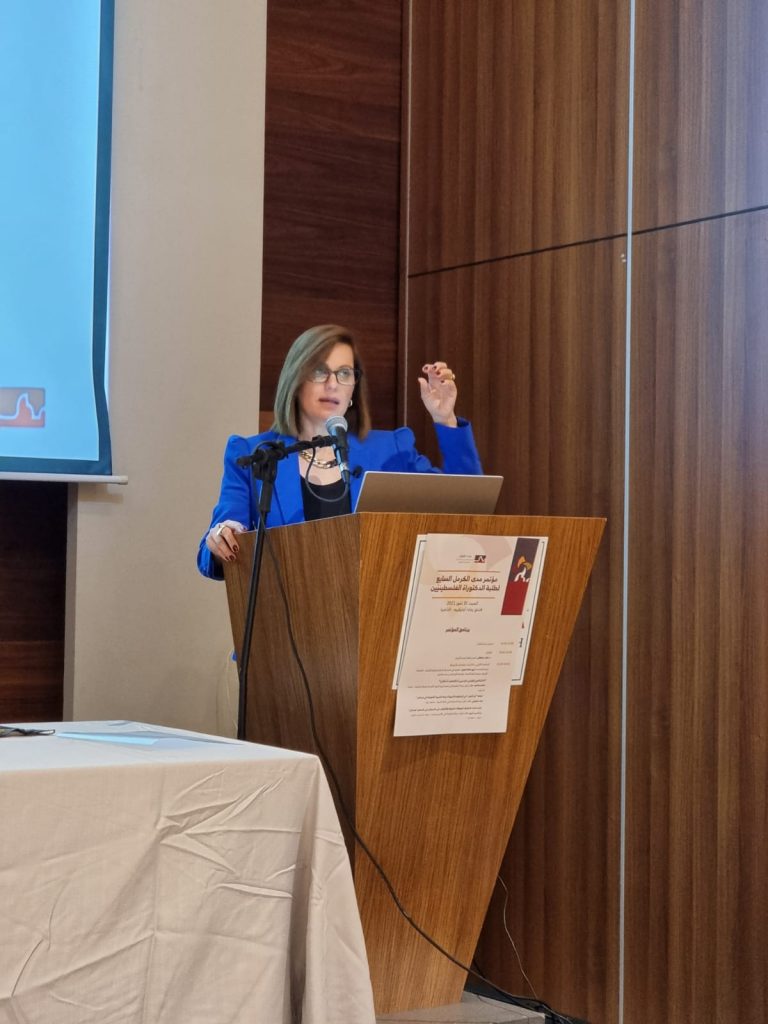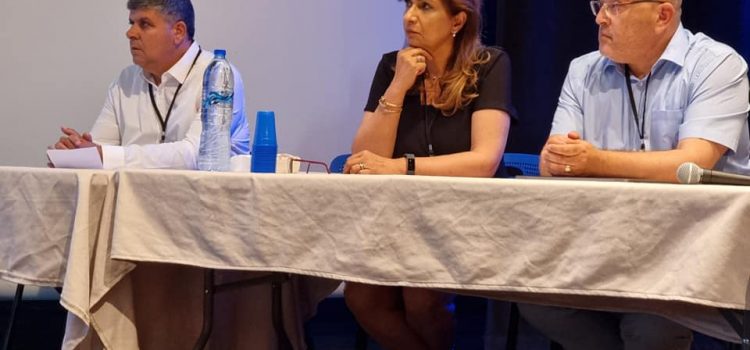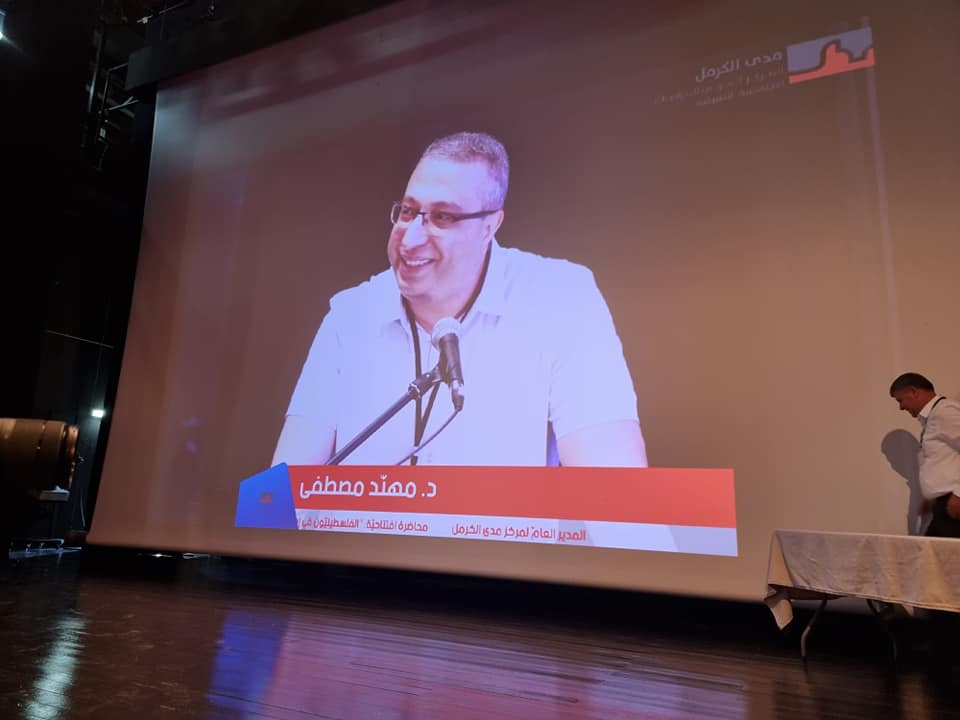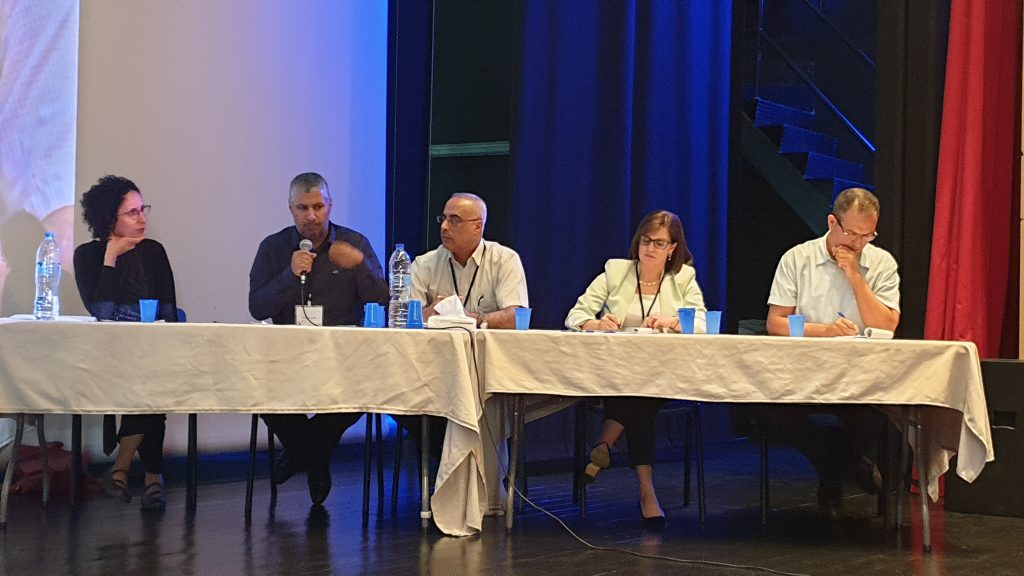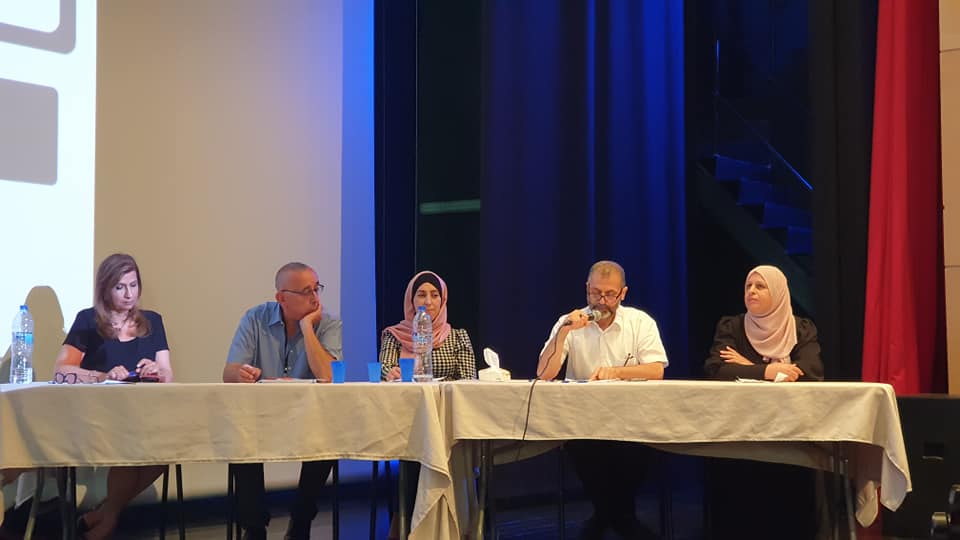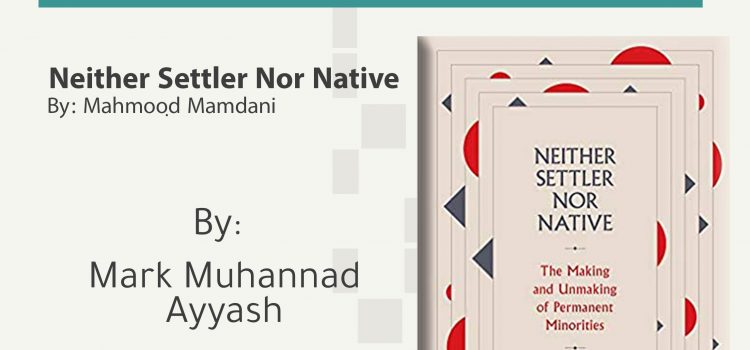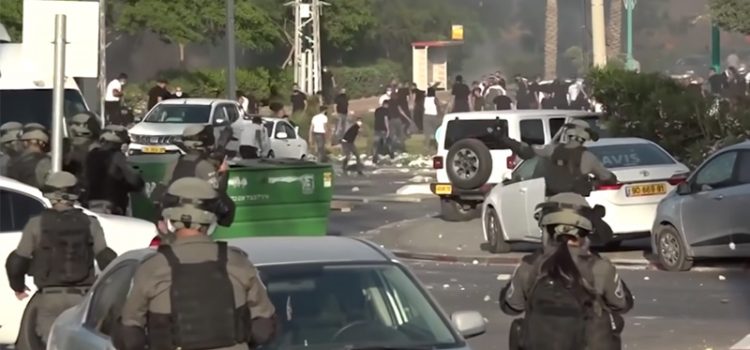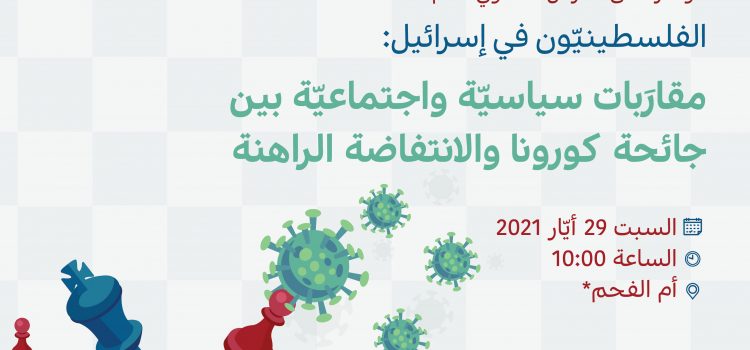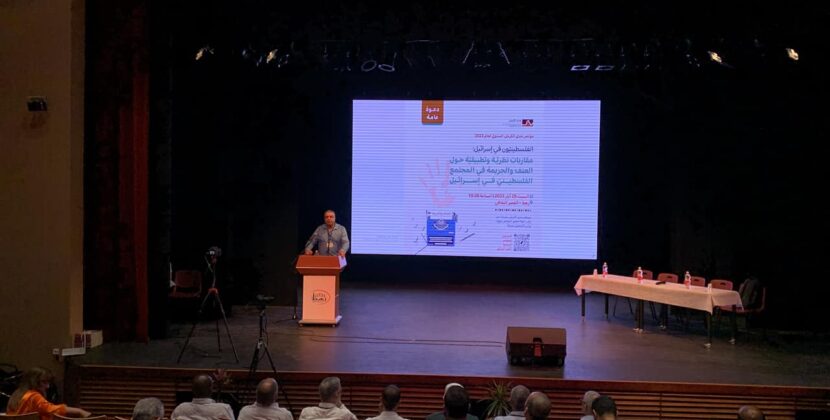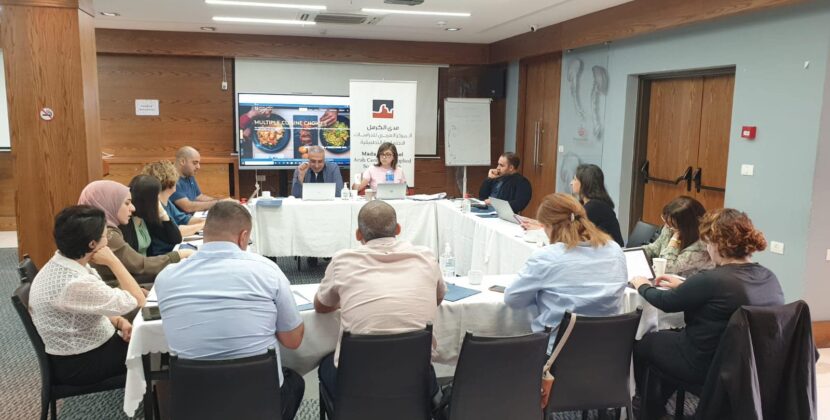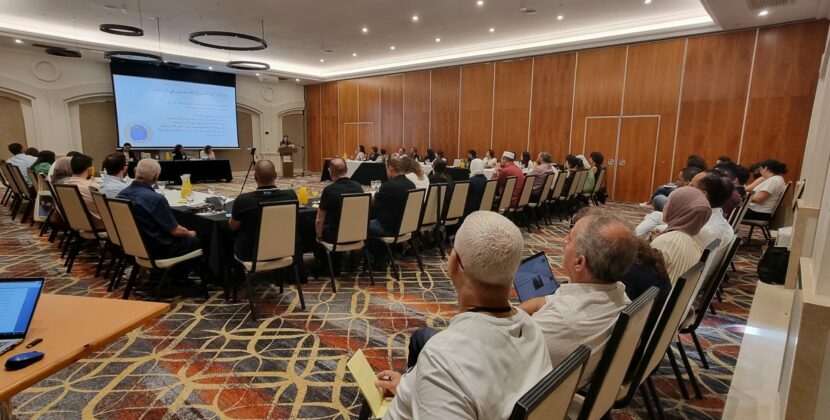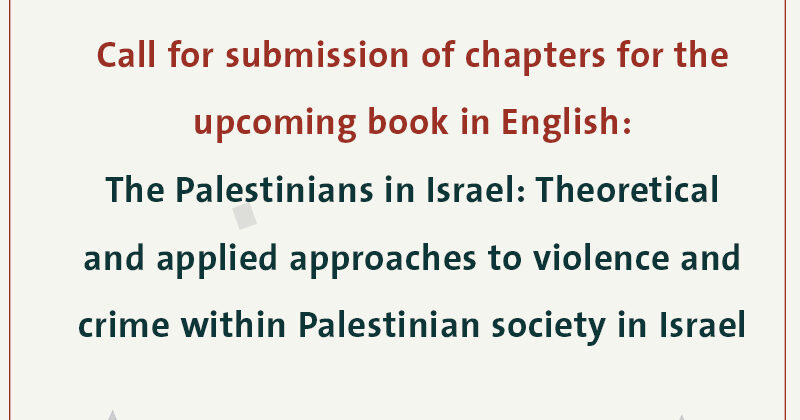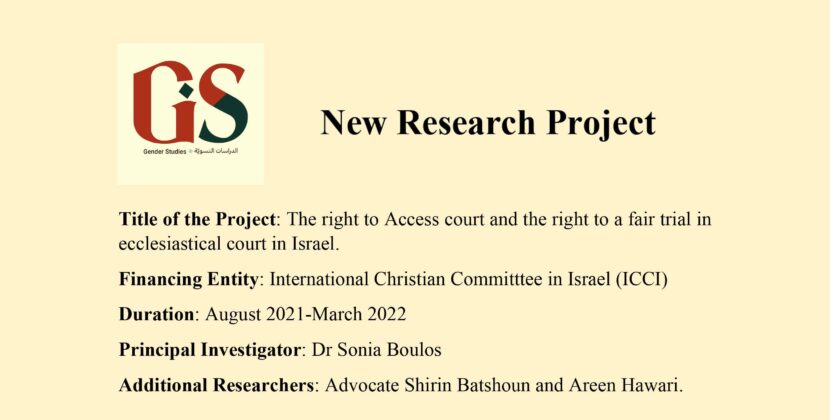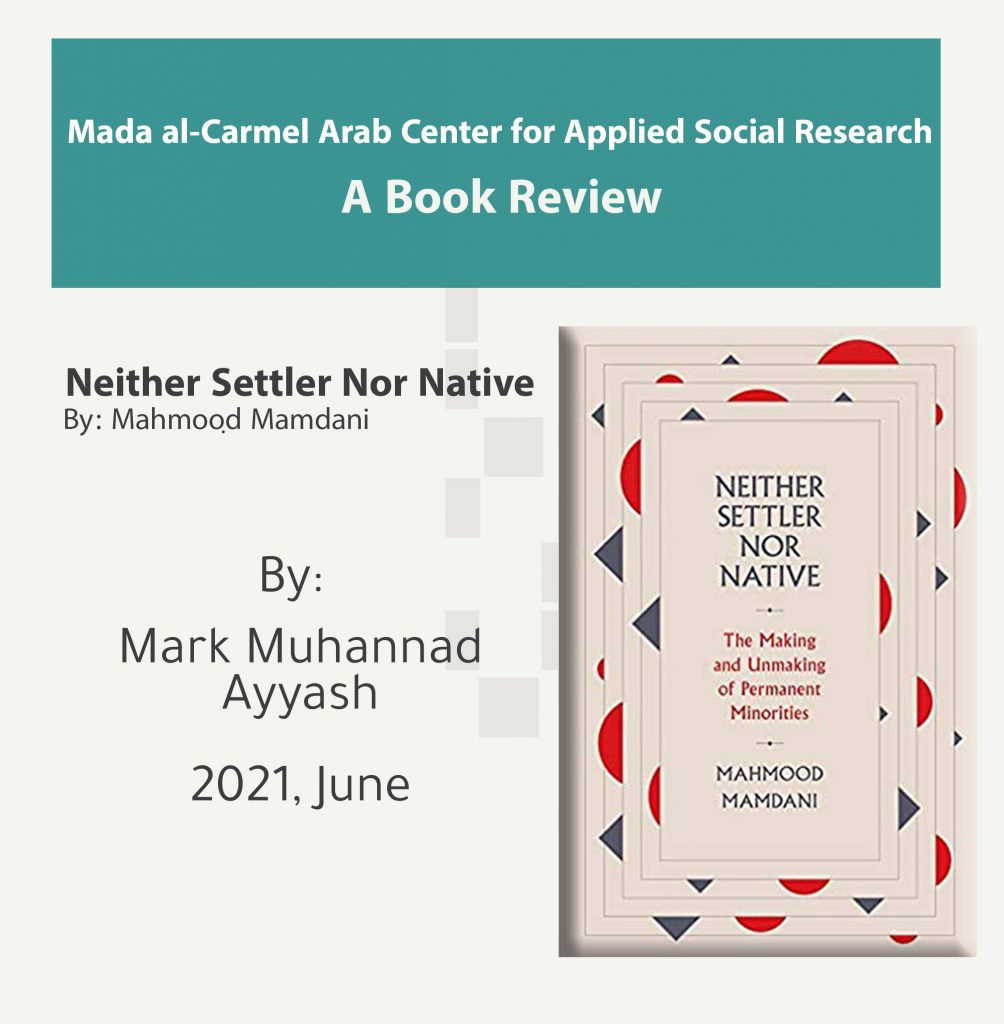
Book Review of Mahmood Mamdani’s Neither Settler nor Native[1]
By: Mark Muhannad Ayyash
June 22, 2021
*The material below is part of a book manuscript I am currently writing*
What Fanon and Césaire required of their own partisans, even during the heat of struggle, was to abandon fixed ideas of settled identity and culturally authorized definition. Become different, they said, in order that your fate as colonized peoples can be different; this is why nationalism, for all its obvious necessity, is also the enemy.
—Edward Said, Representing the Colonized: Anthropology’s Interlocutors
Mamdani’s masterful analysis of colonial modernity in Neither Settler nor Native, engenders a number of important and difficult questions that the reader cannot shy away from. Among them are, and let me try to pose these in the simplest way possible: what is the path of decolonization? How can we set ourselves on that path? What is the nation-state and what is it meant to accomplish? Does its original or foundational purpose serve those who are struggling for a decolonized world today? How do we frame and make sense of extreme violence – like murderous ethnic cleansing and genocide – and how do we end it? How do we transform political orders from ones that enact extreme violence, to ones that end such violence? Does this transformation need to be simultaneously political, juridical, social, cultural, and economic? Or do we prioritize the political in our decolonial efforts? And how are we to understand this transformation vis-à-vis the victims and the perpetrators? If we shift our understanding of both as survivors, are the victims and perpetrators able to take the same path towards survivor-hood? Will they be walking there from the same positionality? Is the transformation required of each, of the same order and scope?
Let me try to approach some of these questions by first briefly exploring what I think is a constructive theoretical tension between Mamdani’s book and a book also published in 2020 by his colleague at Columbia University, Hamid Dabashi, The Emperor is Naked: On the Inevitable Demise of the Nation-State.
Very briefly, Dabashi argues in that book that the postcolonial state does not hold an organic connection with the people, the nations, over whom it rules. In opposing the violences of the state, Dabashi suggests “a complete decoupling of the nation and the state.” (Dabashi, 2020, p. 17) He argues though in his book that the nation needs to be rescued from the state. As the Palestinian nation teaches, Dabashi argues, the nation is the collectivity of the people who have a shared and layered (as opposed to a univocal and bounded) historical archive, set of lived experiences, interests, identities, struggles, and sense of belonging in the world. Against this nation, the state is “predicated on pure violence” and “with no claim to public sovereignty and/or political legitimacy.” (Dabashi, 2020, pp. 38-40) Dabashi makes the case that national liberation and national consciousness (but not the state-building project of nationalism) are crucial to this struggle, just as Fanon also argued long ago. In Dabashi, the nation is neither held nor secured by the state (as is conventionally asserted), but is rather suppressed, oppressed, and eliminated by the state. In this struggle, nations are striving to achieve “their own stateless sovereignty”: that is, a national sovereignty that both precedes and exceeds the state (Dabashi, 2020, p. 163). The nation, then, is a domain that is sovereign from the state precisely because the state can never fully control it, eradicate it, or saturate its possibilities and fully thwart its revolutionary potential.
Now, like Dabashi, Mamdani calls for a decoupling of the nation and the state, but in Mamdani, it is the state that needs to be rescued from the nation. The problem is not the state state structure itself – as a structure which (re)distributes resources, provides security and protection, builds a social welfare system, produces and enacts laws, etc. – but the problem is the hijacking of this state structure by a majoritarian national identity that then oppresses, exploits, and brutalizes minority nationalities.
To oppose and transform the nation-state, therefore, Mamdani calls for decolonizing the political where: (1) citizenship is granted “on the basis of residence rather than identity”; (2) we “denationalize states” where overarching nonnational federal state structures can enable local autonomy, sovereignty, and help flourish diversity; and (3) we re-educate the public imagination towards a critical reflexivity that accentuates how our identities can be politically remade, “bolstering democracy in place of neoliberal human rights remedies.” (Mamdani, 2020, p. 36)
Now, when we juxtapose Dabashi and Mamdani, we arrive at the agreed assertion that the coupling of the nation and the state produced a monster. But instead of taking a firm position as each of them does on which part of the now decoupled elements can guide us towards a decolonized future, I wonder if we can benefit instead from an agonism between the spheres of the social and the political (beyond their particular configuration in that monstrous coupling of the Euro-American nation-state); so I’m talking here about a constant tension between the social and the political that does not produce a winner, where one side overpowers the other.
So, my first question to Mahmood more specifically is this: is not a decolonization of the social as foundational and necessary as a decolonization of the political? If we understand the social as the space where the social collectivity forms and takes shape: that social bond of the collective “we,” that `asabiyyah that Ibn Khaldûn illuminated many centuries ago; if we understand the social as this space, where colonized people marked for erasure and elimination set themselves on the path of opposing their fragmentation, of asserting and reasserting their humanity, of articulating and rearticulating their collectivity, of reinvigorating their ability to mobilize and wield the power of the “we,” cannot and should not, that social space serve as equally foundational to the project of decolonization? Is that not necessary for a properly decolonial political space? Is not the social more than social justice? Social justice is a concept that is useful in describing specific projects for equity, equality, redistribution of resources, so on. But social justice as a cluster of specific and contextual projects is not to be conflated with the social as such. So, what to do with the social remains a big question for me; decolonizing the social, and the question of whether that is the space where decolonization may indeed gain its vitality, formative structure and direction.
Let me build on my question regarding this tension between the social and the political in addressing the central point from the book. This concerns the core argument that we ought to move beyond the distinction between settler and native. This is the difficult and critical challenge that Mamdani’s body of work has presented and elucidated for us for many years now, and in ways very few scholars have done. And certainly scholars will be debating this challenge for many years still. I also think that this question of settler-native is inescapable and must be tackled in Palestine/Israel.
Mamdani’s case is ground-breaking and is at its strongest in explaining the connections between “the violence of postcolonial modernity” and “the violence of European modernity and colonial direct rule”. His penetrating analysis of postcolonial states like Rwanda and Sudan reveals and convincingly shows in detail those connections. But I still have questions about how the challenge itself – of destroying the native-settler distinction – needs to be posed and articulated in settler colonies like Canada, US, Australia, and Israel. I separate South Africa here as well, because this challenge takes a different shape there, for many reasons, one of which is that the majority was in fact the colonized. When we’re talking majoritarian and minority identities, statistics matter. The dynamics change when the majority are the settler-colonizers (Canada, US, Australia) and when it’s more or less 50-50 in historic Palestine, with the caveat here being that there is an ongoing political project to make it roughly 80-20. Theoretically speaking, the difference is this: in the colonial setting, indirect rule politicized ethnic and racial identities so as to facilitate rule over the native; in the settler colonial setting, a kind of indirect rule politicized ethnic and racial identities so as to facilitate the elimination of the native. And sure elimination appears in the postcolonial setting that comes in the aftermath of colonial indirect rule; but in the settler colony, we’re not in the aftermath, we’re in the thick of the colonial moment. And I think that makes a difference.
And this is why: it is doubtful I think that a strategy to eradicate the Indigenous-settler distinction will yield an improvement in the lived realities of Indigenous peoples in Canada for example, in fact, it would likely do the opposite, and suffocate decolonial Indigenous movements and voices. Certainly, Indigenous activists and scholars would agree that “self-identification is not the same as self-determination,” that Indigenous decolonization is about more than reclaiming cultural identities (Mamdani, 2020, p. 97). Nowhere is the critique of this point more penetrating and harsher than in Indigenous activism and scholarship. The point though that Audra Simpson and many others like Glen Coulthard and Leanne Simpson have emphasized, and in my view rightly so, is that Indigenous identity is in itself part of the regeneration of a decolonial alternative. That their identities are not merely national identities that operate within the logic of the nation-state; but are rather identities that engender a new kind of social and political community: the likes of which Mamdani calls for. Their claim to sovereignty, for instance, does not operate in accordance with the logics of the Euro-American nation-state or Euro-American sovereignty (in fact, Simpson says that the word sovereignty is probably not the right one to describe Indigenous sovereignty). Their claim to sovereignty is more akin to Dabashi’s notion of the sovereignty of the nation, as that which evades the totalizing and eliminatory power of the settler colonial nation-state. Far from standing in the way of decolonization, this element of Indigenous sovereignty is the excess that opposes the completion of an ongoing settler colonial project of elimination. This excess is decolonization.
Let me dig further into Mamdani’s solution to this problem of dissolving the native-settler distinction in the settler colony, and briefly explore how he calls on us to focus on the victims and perpetrators of violence as survivors: this would of course be part of a project of decoupling the nation-state and decolonizing the political (so this is not a liberal equality kind of approach). At the core of this shift of emphasis towards survivors is the effort “not to avenge the dead but to give the living a second chance.” (Mamdani, 2020, p. 195)
In this quote, we find Mamdani’s excellent and timely critique of the criminal violence approach and how it depoliticizes violence. The critique of neoliberal human rights discourses and the legalistic approach to extreme violence is certainly much needed.
Let’s dive into the political approach then. Exemplary of the political approach to extreme violence for Mamdani is the formation of the Convention for a Democratic South Africa (CODESA), which shows how the decolonial moment comes when the enemy would not be the “settlers but the settler state, not whites but white power.” (Mamdani, 2020, p. 176) Similarly in Palestine, the enemy would not be Israeli Jewish settlers but the Israeli settler state, not Jews or Israelis but Israeli Jewish supremacy.
Promising as this path may be in principle and to a limited extent in practice in South Africa, there are three big questions (and let me be clear, these questions are not posed against Mamdani’s argument but with it, and also, pushing back at it). First, many segments of the Palestinian liberation struggle have framed their resistance in precisely those terms, going back 100 years (that the state and Jewish supremacy is the problem and the enemy – not Jews): Palestinian resistance was never launched “because the [Palestinian] natives thought that Jews were evil, but because no natives take kindly to having their territory settled by foreigners” (Said, 1979, p. 29).
And the result has been this: nobody is listening, Israelis walk past us just the same; most Israelis don’t just lack the knowledge about Palestine and Palestinians; they don’t want that knowledge and actively oppose it and/or avoid it and its lessons and consequences. So, the problem for Palestinians is not an epistemological one, at the very least, not primarily that. So what do we do with the power piece of power/knowledge? This is why BDS says pressure, and only pressure, can work: it’s Gandhian style non-cooperation that is meant to deal directly with the problem of power.
Second is the separation of the social-political, where the social is considered home, separated from the political which is the state (this to oppose political modernity’s conflation of state and society; the idea that they must be one). Mamdani writes, “The state is home to no nation. Home is society, where multiple nations with multiple histories can coexist. The statestate, meanwhile, is not a coming together of nations but a coming together of citizens who share a vision for a common future.” (Mamdani, 2020, p. 318)
I’m not quite clear here what it is that then holds together the political? Is it solely a set of laws that determine the rules and shape of the arrangement of individual units? Is the idea of a political community of survivors that would be codified in law as a community, sufficient for holding people together? What is the nature of the connection between the social and the political in this model? If we adopt the idea (and I think this is where the book goes), of the political as the foundation, as the ground, upon which social life then transpires, we still need a connection between them; something needs to play the role of gravity and keep our feet on the ground. So, what does survivor-hood look like on the level of the social? How does survivor-hood become part and parcel of the collectivity?
The third question revolves around the notion of the enemy: of transforming enemies into adversaries, which Mamdani suggests is crucial in the shift of focus towards survivors and survivor-hood. But if identities are ensconced in an ongoing political project of displacement and elimination, then can we talk about sovereign enemies who belong to the same order or structure of sovereignty? Are we presented with a situation in which there exists equally sovereign Palestinian and Israeli selves who are, as it were, the players in a game of enmity? Or, are we presented with a situation where enmity is precisely the outcome of the elimination of Indigenous sovereignty and selfhood? Can you turn into an adversary an identity which is predicated on your elimination? I’m not raising this question to dismiss the necessity of reimagining Israeli and Palestinian identities, but rather to point towards how deep that reimagination needs to go, the uneven nature of that transformation, and establishing the obstacles which stand in the way of that reimagination. What are those obstacles that I’m referring to?
Mamdani makes the point that “racial political identities of the past were not timeless but rather created by political processes” (Mamdani, 2020, p. 149; emphasis added); certainly, but were not these identities more properly speaking, produced and created by violent political processes? And dare I make this proposition, which I actually make in my own book (Ayyash, 2019), where not these identities produced and created by violence itself, where violence, as it were, creates the casing in which the political then comes to take shape? If I’m right about this latter question/proposition, then this has serious consequences for any political process that seeks to take as its starting point a reality that has been constituted as real by violence. Meaning, the very terms of the political process are from the outset determined and guided by violences that have rendered those terms as “real.” So, we must confront and transform that casing of violence, that’s the biggest obstacle for me: if we don’t, we end up with a political process where cultural Zionism, without naming or addressing Zionism as a settler colonial project, sees itself as a form of resistance in the political.
“Become different, they said, in order that your fate as colonized peoples can be different”, to reiterate from that Said quote in the epigraph. We can agree with Mamdani, Said, Césaire, Fanon, and Dabashi that the closed, fixed, univocal and bounded nationalism of Euro-America is the enemy in this decolonial project; but the big question remains: whose path leads us away from settler colonial violence and the violence of the modern nation-state? An inclusive and common path, that’s needed of course, but on whose and what terms is this path imagined and written?
Yes, certainly it is important, as Mamdani argues, to move away from revenge and “give the living a second chance.” But if we only, or primarily, focus on the living and give the living a second chance, then what have we done to the memories of the dead, to what I have previously called (Ayyash, 2019) the voices of the dead? Perhaps far from favouring the living over the dead, we need to listen more closely and carefully to the voices of the dead, not necessarily for avenging the dead, but for fulfilling the promise of their struggle for a justice that both precedes and exceeds codification in law and even in the political; for the remnants, for the excess that they both reveal and leave behind – that source of vitality and direction that resists representation yes, yet it points us towards the new. And what is decolonial struggle if not the struggle for the new? For that which refuses, opposes, and transforms the terms constituted by and through the violences of the postcolonial and settler colonial nation-state.
References:
Ayyash, M.M. (2019). A hermeneutics of violence: A four-dimensional conception. Toronto:
University of Toronto Press.
Dabashi, H. (2020). The emperor is naked: On the inevitable demise of the nation-state. London:
Zed Books.
Mamdani, M. (2020). Neither settler nor native: The making and unmaking of permanent
minorities. Cambridge, Massachusetts: The Belknap Press of Harvard University Press.
Said, E. (1979). Zionism from the standpoint of its victims. Social Text, 1 (Winter), 7-58.
[1] This material is part of a book manuscript I am currently writing.
For the PDF file Click here
